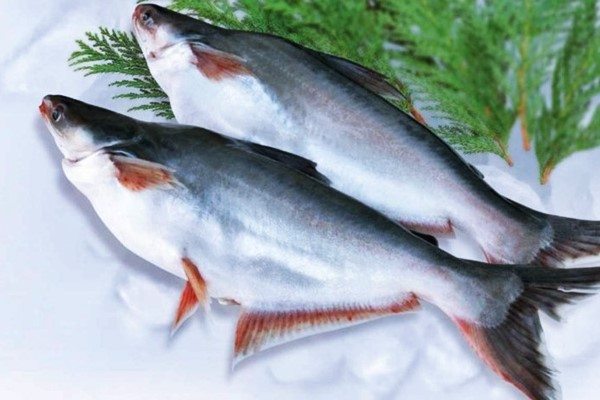UNAIR NEWS – In May 2020 which coincides with Ramadan month, the number of Covid-19 cases in Indonesia is rising. The Ministry of Maritime Affairs and Fisheries (KKP) encouraged the public to improve immunity by consuming foods containing vitamins and minerals, including fish.
Lecturer of Faculty of Fisheries and Marine (FPK) UNAIR Muhamad Nur Ghoyatul Amin, M.Sc. provide information on the potential nutrition in fish to prevent Covid-19.
“Looking at the nutritional content, yes, fish have the potential to prevent infections from bacteria, fungi, and viruses,” Ghoyatul said.
Nutrients in fish can prevent pathogen infection according to an article entitled Potential Interventions for Novel Coronavirus in China: A Systematic Review. The article explained the potential of macro and micro nutrients playing a role in handling viral infections in general, Vitamins A, B, C, D, E, omega 3 fatty acids, and minerals such as salinium, iron, and zinc.
“From the list of these nutrients, fish is potential to be used as a prevention method reducing the risk of virus infection,” said Ghoyatul, a researcher in the field of food chemistry.
According to the Indonesian Ministry of Maritime Affairs and Fisheries (KKP), fish are all kinds of living organisms whose whole or part of their life cycle is in the waters. They include finfish such as milkfish, tuna, dory, tilapia, catfish. Other aquatic biota such as shrimp, sea cucumber, squid, octopus, and seaweed are also included in fish category.
Examples of fish containing omega 3 and omega 6 fatty acids are tuna, mackerel, catfish, and salmon.
“Examples of other fish are yellowstripe scads, pomfrets, threadfins, anchovies, puffer fish, marble goby fish, ponyfishes, largehead hairtail fish, and jarbua terapon fish which can be found in the Java Sea,” he added.

Vitamin D is widely found in marine fish and from molluscs, such as shellfish, squid, vitamin A and B complex vitamins are found; there is low vitamins D and E; but those vitamins can be found in shrimps.
Fish can be processed by frying, steaming and roasting. Of the three processes, Ghoyatul said, nutrition in fish is preserved if the fish is steamed. “What actually reduces nutrition the most is frying,” he said.
According to him, countries in Asia generally prefer fried fish because of its savory taste. It is from a combination of protein and fatty acids in fish coupled with chemical reactions in frying.
Ghoyatul also reminded consumers to be smart in choosing fish quality. He suggested to avoid buying fish caught from polluted areas such as from heavy metals and harmful bacteria. (*)
Author: R. Dimar Herfano Akbar
Editor : Binti Q Masruroh





